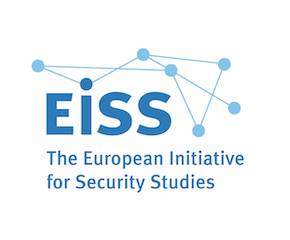Speakers
Description
Do low-technology weapons have an underappreciated coercive quality in international relations? Existing theories of coercion (and more specifically compellence) in international security literature, we argue, over-privilege threats from small numbers of exquisite weapons, such as modern ballistic missiles. Because exquisite weapons are difficult to manufacture quickly, scholars judge their coercive value on their survivability against enemy defenses. If exquisite air defenses can intercept an exquisite missile, for example, that system’s coercive quality is diminished; the potential victim can sit comfortably in the knowledge that the would-be attacker could not immediately build more. This paper shifts the focus away from exquisite systems to low technology systems, specifically one-way attack (OWA) drones. Until now, scholars have argued that Unmanned Aerial Vehicles (UAVs) do not coerce because they are too vulnerable to modern air defenses to threaten a state adversary. With masses of weapons that are inexpensive, simple to manufacture, and easy to proliferate to allied actors, would-be attackers are less daunted by the costs of attacking – and, crucially, potential victims must now judge if they can sustain a long-term defense. By leveraging new data on OWAs through the empirical cases of Yemen and Ukraine, we show how simple offensive weapons that can be manufactured en masse may have more power to coerce or compel than analysts typically accredit to them.
| What discipline or branch of humanities or social sciences do you identify yourself with? | International Relations (Plichta) and International Security (Rossiter) |
|---|---|
| If you are submitting an Open Panel proposal, have you included all four abstracts in attachment? | No, I am submitting a Closed Panel abstract |
| Are you a PhD student or early-career researcher? | Yes |




